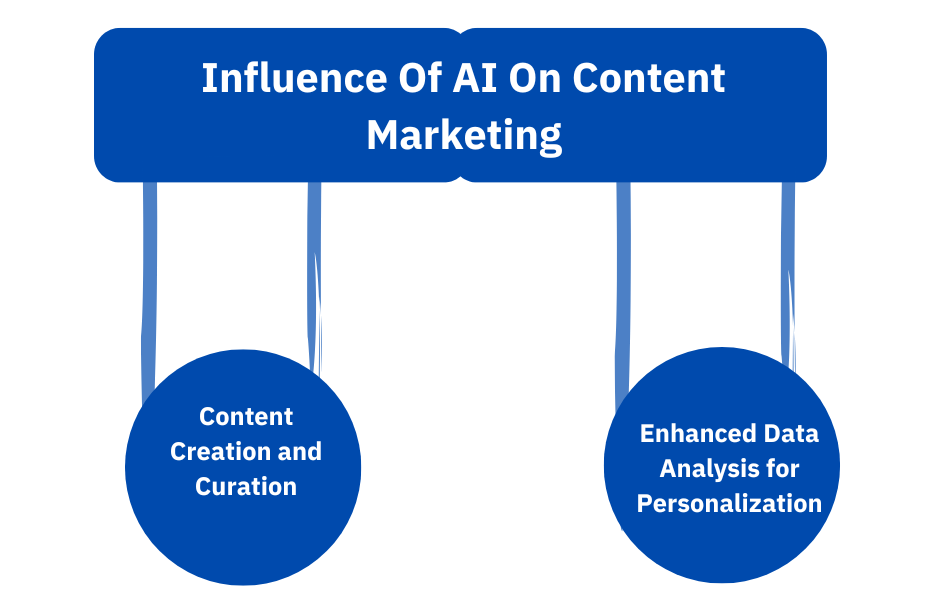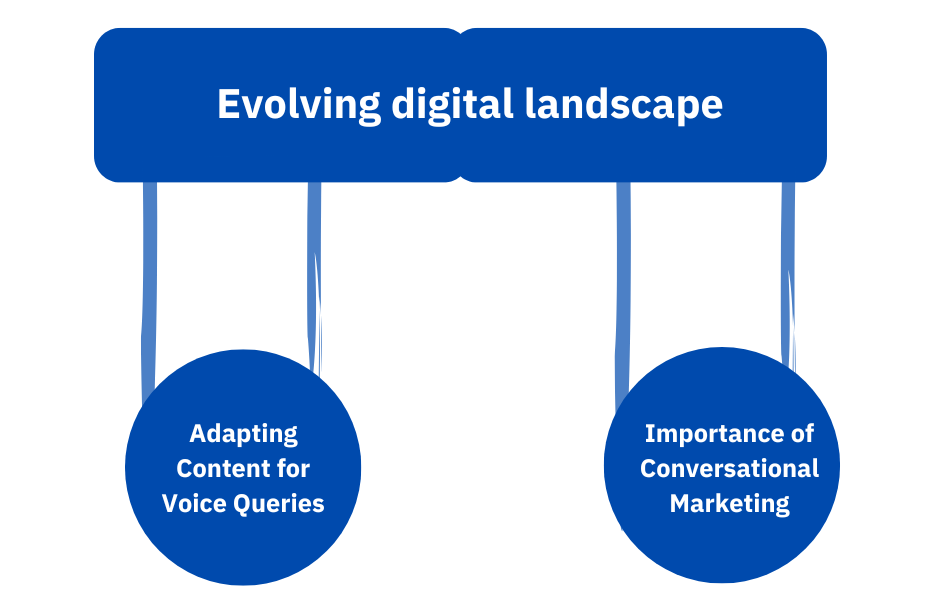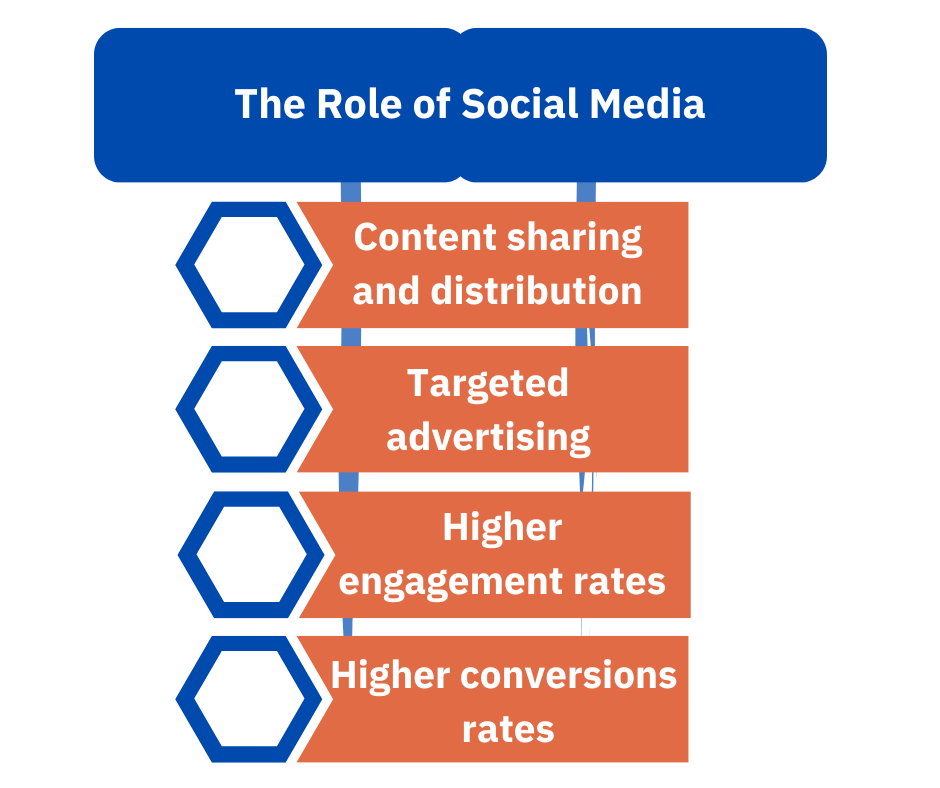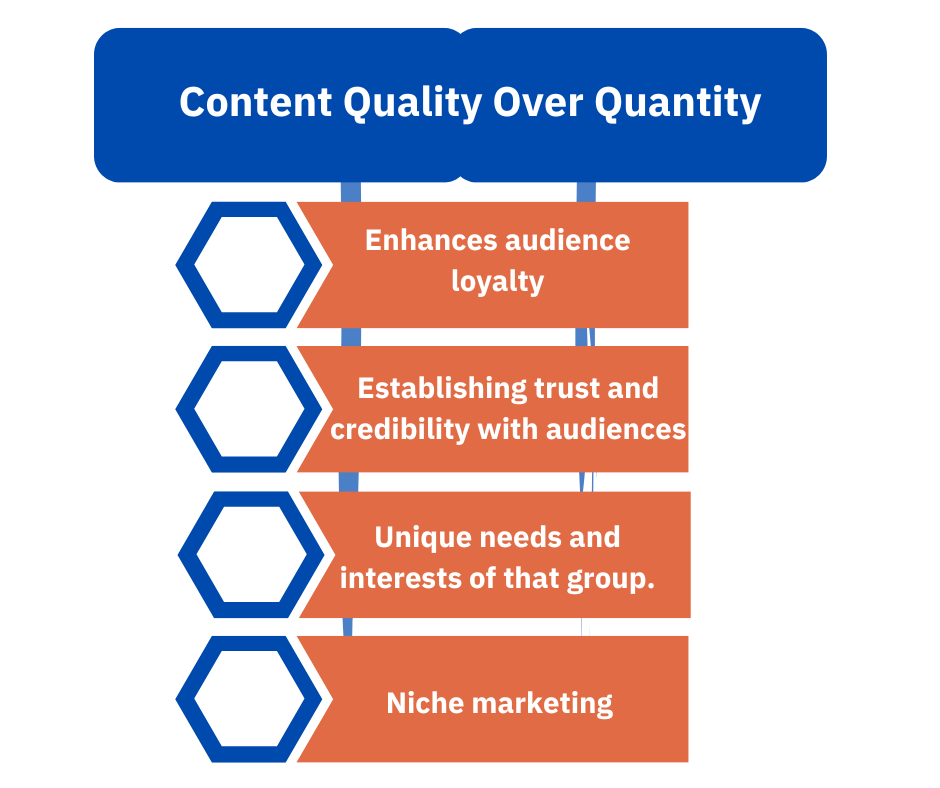Content marketing is a strategic approach focused on creating and distributing valuable, relevant, consistent content to attract and engage a clearly defined audience.
In the increasingly competitive digital landscape, effective content marketing is essential for businesses seeking to stand out and connect with their target audience.
With consumers bombarded by advertisements and information overload, content marketing offers a way to build trust, demonstrate expertise, and establish authority in a particular niche.
It also plays a crucial role in improving search engine visibility, generating leads, and nurturing customer relationships over time.
By delivering high-quality content that resonates with consumers, brands can enhance customer loyalty, drive conversions, and ultimately increase their ROI.
Additionally, we will discuss best practices for creating effective content strategies, the importance of audience analysis, and the role of SEO in content marketing.
Page Contents:
Current State of Content Marketing
Brands are increasingly harnessing video’s visual and auditory appeal to tell compelling stories, showcase products, and connect with their audience on a deeper level.
Consumers today expect tailored experiences that speak directly to their needs and preferences. Content marketers are leveraging data analytics and consumer insights to develop personalized marketing strategies.
User-generated content has emerged as a powerful tool for brands looking to build authenticity and trust. With so much information vying for attention, consumers often feel overwhelmed, leading to shorter attention spans and a greater challenge in capturing their interest.
Constantly evolving, which can complicate content visibility and reach. Marketers must stay abreast of these changes and adapt their strategies to ensure their content is being seen by the right audience.
With multiple channels and touchpoints influencing consumer behavior, quantifying the effectiveness of specific campaigns can be complex.
Emerging Trends Shaping The Future
The integration of artificial intelligence and machine learning technologies is transforming various sectors, and their influence is expected to grow substantially.
1. Content Creation and Curation: AI tools are now able to generate high-quality written content, automate social media posts, and curate articles that align with users’ interests.

2. Enhanced Data Analysis for Personalization: Machine learning algorithms can analyze vast amounts of data to identify patterns in consumer behavior.
As voice-activated devices become increasingly prevalent, optimizing for voice search is crucial for maintaining visibility in an evolving digital landscape.
1. Adapting Content for Voice Queries: Traditional keyword strategies need to be adapted for voice search queries, which tend to be more conversational and often phrased as questions.

2. Importance of Conversational Marketing: Engaging with customers through conversational marketing channels, such as chatbots and voice assistants, is essential for providing personalized support and fostering genuine connections with potential clients.
The Role of Social Media
Social media has transformed significantly over the past decade, evolving from simple networking sites to robust platforms for content sharing and distribution.
However, they have since adapted to serve as powerful tools for brands and creators, offering features like stories, live streaming, and targeted advertising.
Brands are turning to micro-influencers for partnerships, as they often yield higher engagement rates and conversions compared to larger influencers.

Social commerce, the integration of e-commerce and social media, is shaping how consumers discover and purchase products.
With platforms like Instagram and Facebook introducing shoppable posts, users can seamlessly transition from browsing content to making purchases without leaving the app.
Additionally, social commerce leverages the power of social proof, as users often rely on their social networks for purchasing decisions.
Content Quality Over Quantity
Businesses and content creators are now prioritizing quality over the sheer quantity of content, recognizing that valuable content fosters deeper connections, encourages sharing, and enhances audience loyalty.
Storytelling has emerged as a pivotal strategy in establishing trust and credibility with audiences. By crafting narratives that resonate on an emotional level, brands can communicate their values, experiences, and insights effectively.

Niche marketing has become essential in a world filled with disparate content and competing voices. By identifying and targeting a specific audience segment with tailored content, businesses can cater to the unique needs and interests of that group.
Additionally, niche marketing helps brands stand out in a crowded marketplace, fostering a sense of community among like-minded individuals who value specialized knowledge and insights.